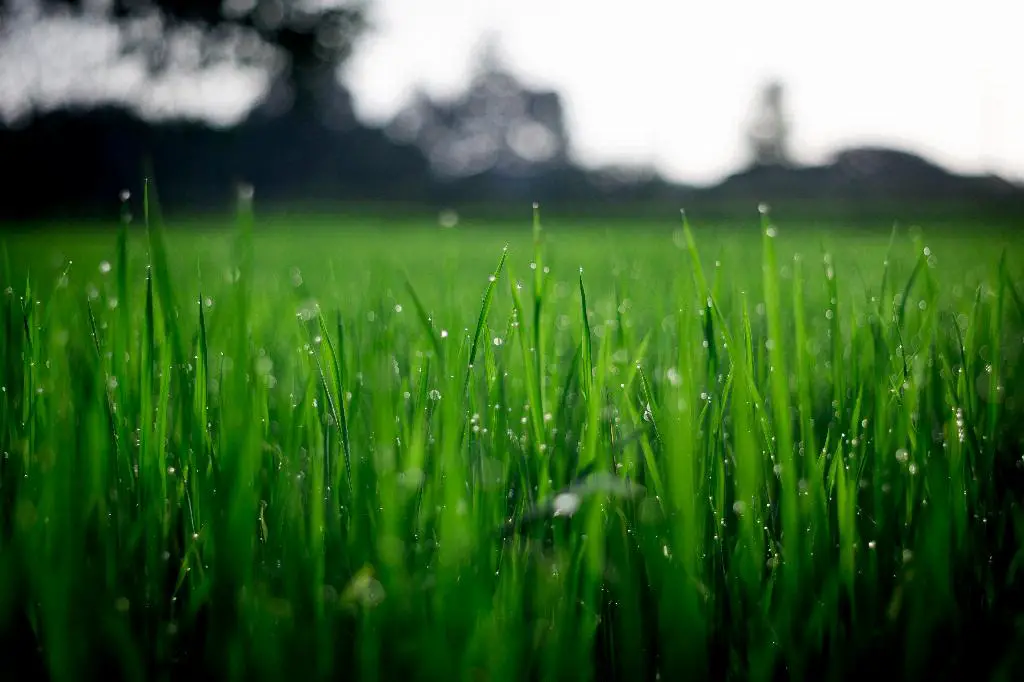Applying lime to the soil of your lawn can have numerous benefits for the overall health and appearance of your grass. One of the primary reasons for applying lime is to increase the soil pH, which plays a crucial role in the growth and development of your lawn.
Soil pH and Its Importance
The pH level of soil determines its acidity or alkalinity, with a pH below 7.0 indicating acidity, above 7.0 indicating alkalinity, and 7.0 being neutral. Most turf grasses prefer a slightly acidic to neutral pH range for optimal growth, typically between 6.0 and 7.0.
How Lime Works
Lime works by raising the pH of acidic soil, making it more alkaline and moving it closer to the ideal range for grass growth. This process helps to neutralize soil acidity and provides a more suitable environment for turf grasses to thrive.
Improved Nutrient Availability
By adjusting the soil pH, lime also helps to improve the availability of essential nutrients such as nitrogen, phosphorus, and potassium. When the soil pH is within the preferred range, grass roots can more effectively absorb these nutrients, leading to healthier and greener lawns.
Enhanced Fertilizer Effectiveness
Applying lime can boost the efficiency of fertilizers by ensuring that the nutrients they contain are readily accessible to the grass. Properly balanced soil pH promotes efficient nutrient uptake, reducing waste and maximizing the benefits of fertilization.
Reduced Soil Toxicity
Acidic soil can sometimes contain toxic levels of elements like aluminum and manganese, which can harm grass roots and inhibit growth. By raising the pH with lime, you can help neutralize these toxic elements and create a safer environment for your lawn.
Enhanced Microbial Activity
An optimal soil pH encourages beneficial microbial activity, which is essential for breaking down organic matter, improving soil structure, and cycling nutrients. Lime contributes to a healthier soil ecosystem, promoting the growth of beneficial soil organisms.
Prevention of Moss and Weeds
By adjusting the soil pH with lime, you can create a less favorable environment for moss and weeds to thrive. Moss and many weed species prefer acidic soil, so raising the pH can help control their growth and establish a healthier lawn.
Improved Water Infiltration
Acidic soil tends to compact more easily, restricting water infiltration and root growth. Lime helps to improve soil structure, reducing compaction and promoting better water movement through the soil, ultimately benefiting the health of your lawn.
Long-Term Soil Health
Regular applications of lime can contribute to the long-term health of your soil by maintaining a balanced pH and promoting a healthy soil ecosystem. Healthy soil supports robust grass growth, reduces disease susceptibility, and enhances overall lawn resilience.
Applying Lime Correctly
It’s important to apply lime correctly to achieve the desired benefits without causing harm to your lawn. Conducting a soil test to determine the current pH and lime requirements is essential for accurate application. Follow recommended rates and application practices for optimal results.

Final Thoughts
Overall, lime plays a crucial role in maintaining the health and vitality of your lawn by adjusting soil pH, improving nutrient availability, enhancing fertilizer efficiency, and promoting a favorable environment for grass growth. By understanding the benefits of lime and applying it judiciously, you can cultivate a lush and vibrant lawn that enhances the beauty of your outdoor space.
